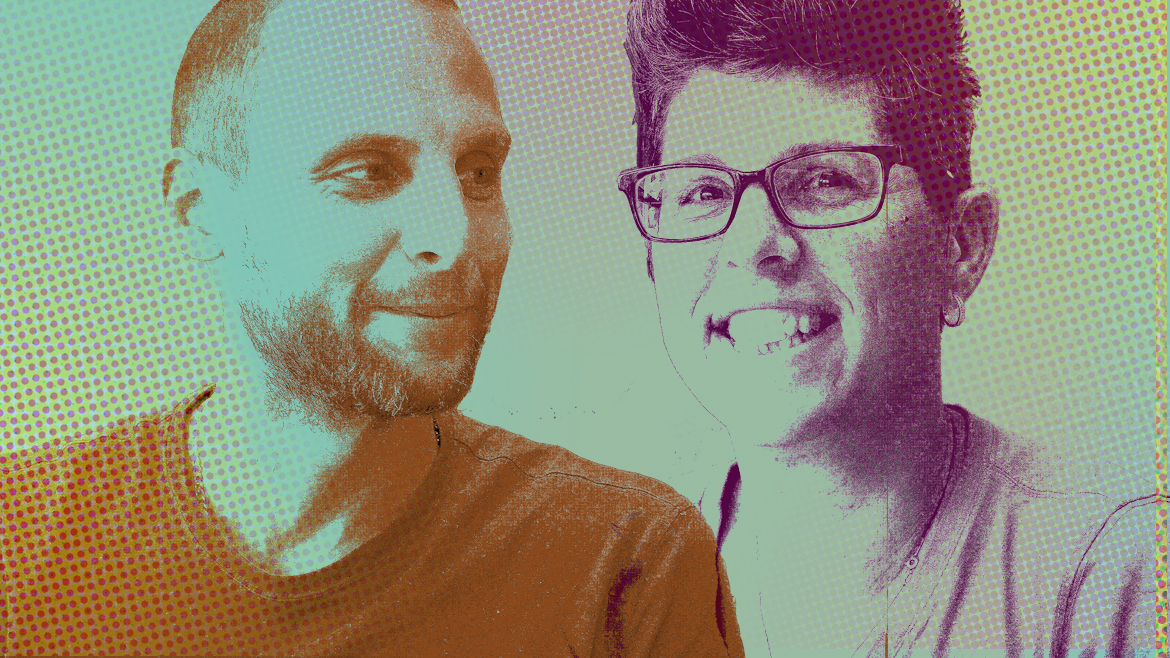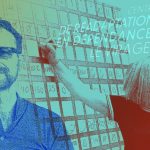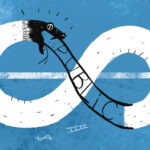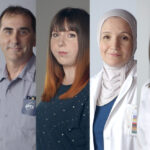Complementary expertise
Complementary expertise
One of the most outstanding collaborative initiatives developed by the CRD Le Virage is with the Charles-Le Moyne family medicine group (GMF), which hired a multidisciplinary team devoted to treating people who suffer from an addiction problem.
Kelly Neil, an educator, and Simon Déziel-Delisle, a human relations officer and criminologist by training, spend one day a week in this clinic. The advantages of sharing work premises with family doctors are that primary and secondary care are under one roof and it’s possible to hold weekly case meetings with all the professionals together, as the two members of the team from Le Virage explained. “We increase our efficacy by following the same patients as the doctors,” Simon affirmed. “We can refer clients to one another directly, without wasting any time. It’s a real partnership.”
The winning approach is one that combines a variety of expertise and takes into account the person’s motivations, stress and other problems. An educator like Kelly, for instance, pays particular attention to social reinsertion, while the human relations officer focuses on the role that addiction plays in the person’s life. Kelly and Simon see four or five people a day, in addition to leading groups.
Although group sessions are Le Virage’s trademark, about 20% of their clientele requires individual follow-up. In all, 60% of their week must be devoted to direct clinical time.
In their view, despite the unwieldy administrative system and remote management structure, the values and culture at Le Virage are still very much alive. A number of factors contribute to this: co-ordination is assumed by human relations officers well-versed in the profession; participative management prevails; and employees have professional latitude. These realities are seldom found in other settings. It’s important to note that not everyone who wants to work there meets the selection criteria at Le Virage – the bar is set high.
Medical viewpoint
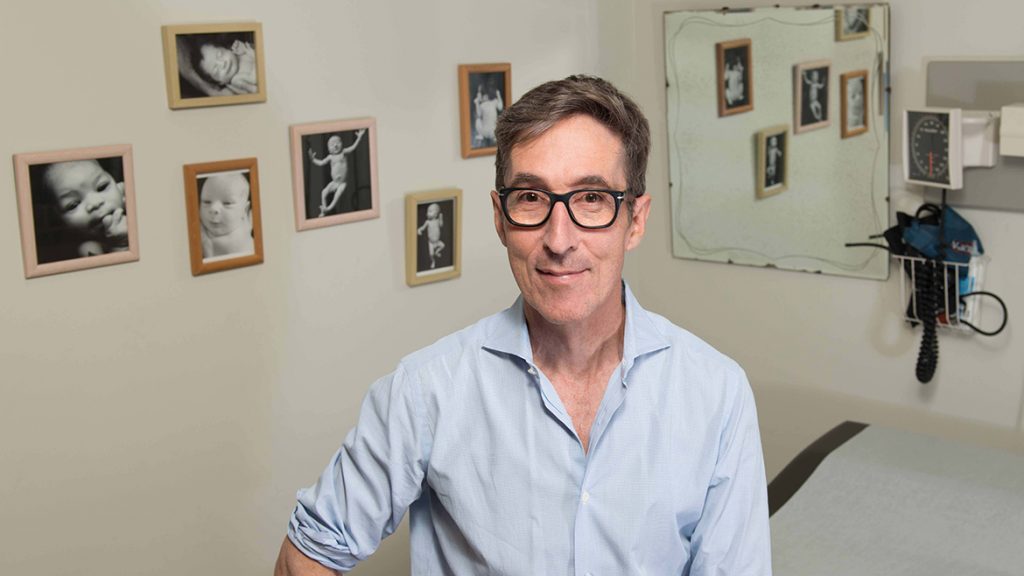
Dr. François Couturier
Since 1996, Dr. François Couturier has been following patients who are dependent on opioids. He remembers when he first started working with Le Virage in the early 2000s to offer this clientele integrated care. Today about 200 people with opioid addictions and other chronic illnesses are followed at the family medicine group by a team of two psychosocial workers (in this case, Kelly and Simon), two nurses and several doctors with the necessary training to prescribe alternative drug substitutes.
“The kind of teamwork we have here enables us to develop multidisciplinary expertise and solve the problem of access to prescribing physicians for addiction rehab centres,” he explained. He heartily recommends this model, as the clientele generally needs a variety of services to meet all their needs (whether physical, psychological or social).
Opioid dependency is a chronic and recurrent illness that can be fatal. It necessitates long-term follow-up and ideally, a degree of continuity in terms of the teams that ensure such follow-up. “Our approach consists in considering all aspects of patients’ lives,” the family physician added, “and accompanying them in taking their condition in hand.”
Dr. Couturier recognizes that not all doctors are comfortable with this clientele whose past may be somewhat shady, and the fact that physicians are paid on a fee-for-service basis does not encourage them to choose this kind of practice. He nonetheless finds the work deeply motivating. “It is essential to provide these people with care and treatment before they’ve lost everything: their work, their spouse, their children and their dignity.”
Lead photo: Kelly Neil, educator, and Simon Déziel-Delisle, human relations officer and trained criminologist.

